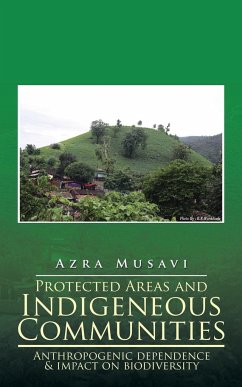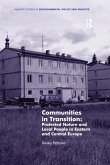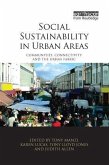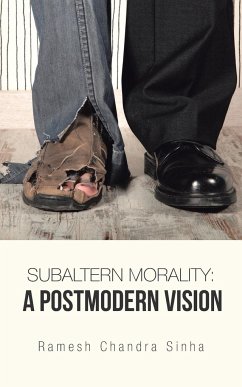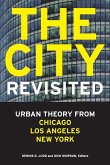This book deals with protected area-people interface in Bori Wildife Sanctuary and Melghat Tiger Reserve located in Satpura range of Central Indian Highlands. These forests are mostly inhabited by Gond, Korku, and Thatia tribes, a small population of agro-pastoral community and other backward classes, which have moved into these forests from adjoining areas in search of pastures for their large herds of livestock. Bori in northern Sutpura has moist deciduous forest while, Melghat in southern Satpura hills has dry deciduous forest. Both protected areas are renowned for tigers as well as for a rich faunal and floral diversity. These forests are under increasing anthropogenic pressure due to people living in and around the two protected areas. The book looks at three aspects which are a challenge for protected area management. One, it explores the web of both tribal and non-tribal life, as the intervention of market economy and increasing population have led to change in the basis of the local subsistence economy. Secondly, it tries to assess the extent of impact of biotic dependence on the forests of both protected areas. Thirdly, and most importantly, it examines the park-people conflicts and their implications for the management of both protected areas.
Hinweis: Dieser Artikel kann nur an eine deutsche Lieferadresse ausgeliefert werden.
Hinweis: Dieser Artikel kann nur an eine deutsche Lieferadresse ausgeliefert werden.

